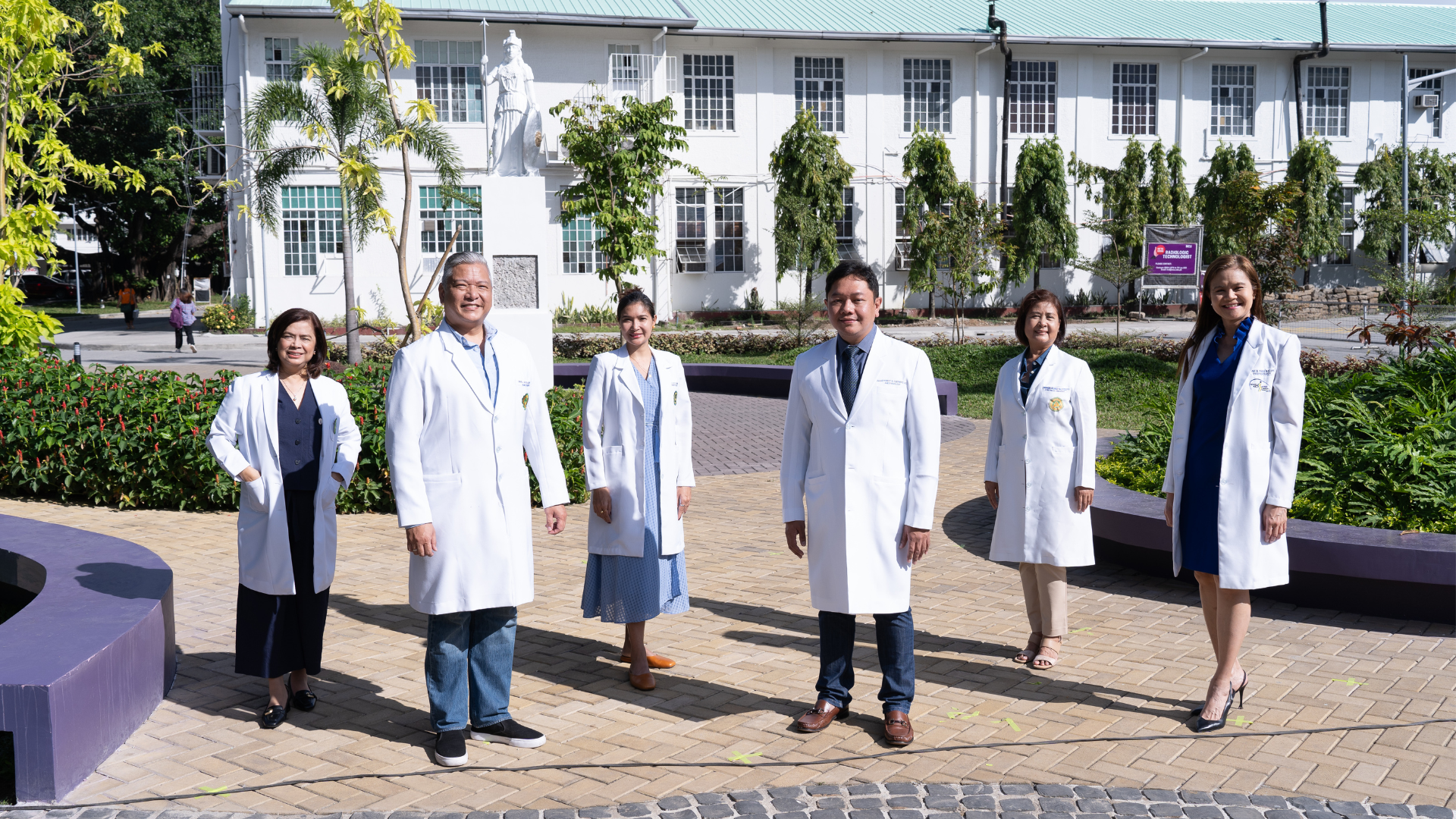Anesthesia Department

DEPARTMENT
Anesthesia Department
The Department of Anesthesia at MCU-FDTMF Hospital stands out for its commitment to excellence in both patient care and medical education. Established in the 1980s and continually evolving, the department offers a wide range of anesthetic services, including pre-operative assessments, anesthesia administration, pain management, and post-operative support. Staffed by a team of highly skilled anesthesiologists, the department is dedicated to providing the highest standard of care, ensuring patient safety and comfort across various surgical and medical procedures.
TRAINING PROGRAM



The department’s three-year residency program in General Anesthesiology is structured to provide extensive clinical experience and comprehensive education in the field. Residents gain proficiency in managing anesthesia across a spectrum of medical specialties, from General Surgery to Obstetrics and Pediatrics. The program emphasizes critical thinking, foundational knowledge, and the development of professional skills. Through hands-on training, academic research, and professional development activities, residents are prepared for successful careers, contributing significantly to the advancement of anesthesiology.
HISTORY
In the 1980’s, the Department of Anesthesia started training residents under the chairmanship of Dr. Aladdino Porciuncula. During that time,
the department was not yet accredited by the Philippine Board of Anesthesiology (PBA), making the graduates ineligible to take the specialty
board exams.
In 1985, to further enhance competency, Dr. Elena B. Realubit requested the PBA to allow graduates of MCU, whose training was non-accredited during that time, to take the specialty board exams in Anesthesia. Furthermore, she actively pursued to prepare the first training program in Anesthesia. To fulfill the requirementof having a chairman who is a full diplomate of the PBA, Dr. Realubit was appointed Chairman in 1986.
Consequently, she recruited Dr. Fe Yabut and Dr. Amelia Manzon to complete the three diplomate consultants required by the PBA. Hence, the department was fully accredited to be a Training institution in Anesthesia.
Additionally, Dr. Merlina Cabrera passed the board exams, followed by Dr. Amanda Falcotelo. Subsequently, amnesty was given to the other graduates by the PBA, allowing them to take the practical and oral exams only, eventually giving the title of diplomate to its other graduates. The road to excellence continued on.
In 1996, Dr. Ma. Lilybeth R. Tanchoco, a Pain specialist, joined the consultant training staff. She was subsequently appointed Chair of the department in 2004. Dr. Monique Yoingco, a Pediatric anesthesiologist, and Dr. Merlina Cabrera, another Pain specialist, completed the six active consultant staff in 2002 and 2009, respectively.
In 2012, Dr. Yoingco was appointed Chair of the department. In that same year, Dr. Amanda Falcotelo joined the active consultant staff, and eventually she was appointed as the department’s Training Officer.
In 2015, Dr. Manuel Sotelo, III, a Surgical intensivist, joined the consultant staff, completing the now seven Active Rotating Consultant roster of the Department of Anesthesia. All consultants participate actively in the training of the residents, continually improving the program, as well as serving their administrative function.
VISION
To be the benchmark in Anesthesiology Residency Training, through integration of basic and clinical anesthesiology, pain management, critical care and research with professionalism, commitment and ethical practice.
MISSION
Guided by the tradition of excellence in the performance of anesthesia, educational responsibility, and moral obligation in the Philippines, we are committed….
Guided by the tradition of excellence in the performance of anesthesia, educational responsibility, and moral obligation in the Philippines, we are committed….
To instill among the trainees the foundations of anaesthesiology in the basic sciences (anatomy, physiology, pharmacology, physics) and their clinical applications;
To prepare trainees in clinical anaesthesiology including cardiopulmonary resuscitation, intensive care, pain management and research;
To develop among trainees the responsibility in the assumption of the role of expert in the therapeutic team;
To create an environment which allows critical thinking, in–depth analysis, and proper assessment of scientific and clinical information;
To produce educators in the field of anaesthesiology, and
To allow the trainees to satisfy the requirements of the PBA for achieving diplomate status.